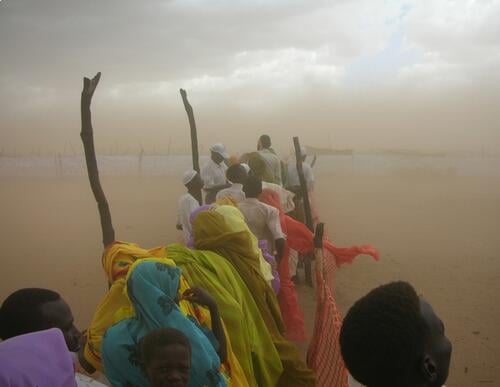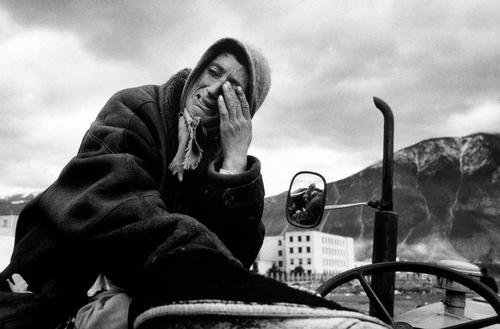"We are not sure that words can always save lives, but we know that silence can certainly kill."Nobel Peace Prize acceptance speech 1999.
MSF raises awareness and bears witness on the fate of the populations it helps and brings abuses and intolerable situations to public attention. These series of case studies explores the actions and decision - making processes that led the organisation to speak out during humanitarian emergencies.
All Case Studies
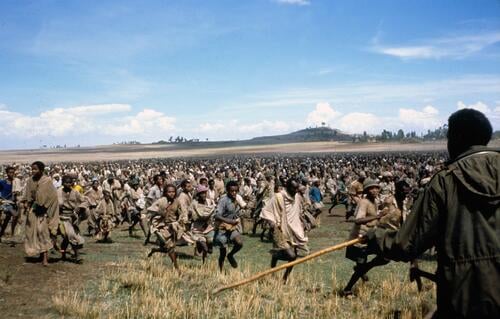
Famine and Forced Relocations in Ethiopia 1984-1986
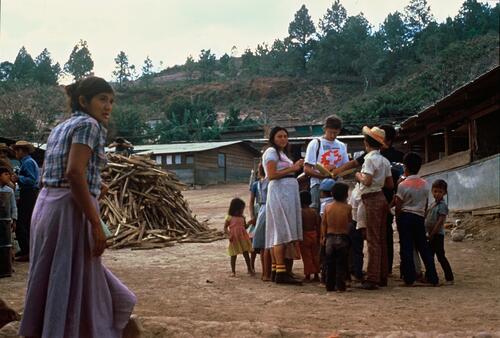
Salvadoran Refugee Camps In Honduras 1988
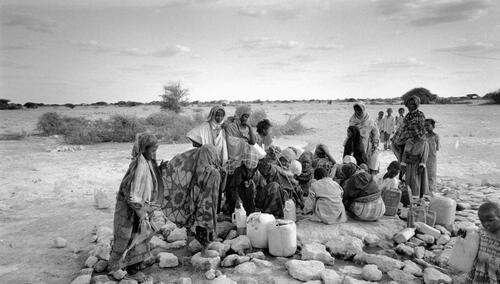
Somalia 1991-1993: Civil War, Famine Alert and a UN “Military-Humanitarian” Intervention
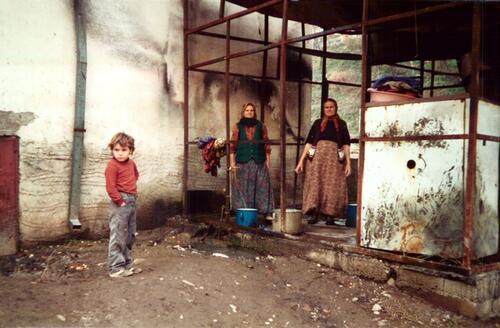
MSF and the War in the Former Yugoslavia 1991-2003
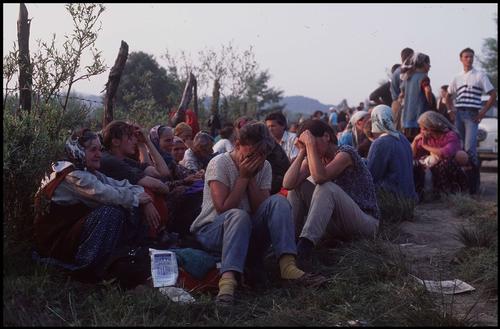
MSF and Srebrenica 1993-2003
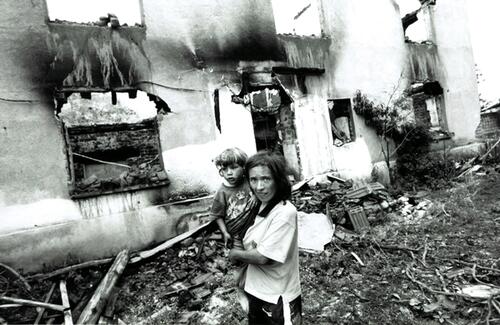
Violence against Kosovar Albanians, NATO's intervention 1998-1999
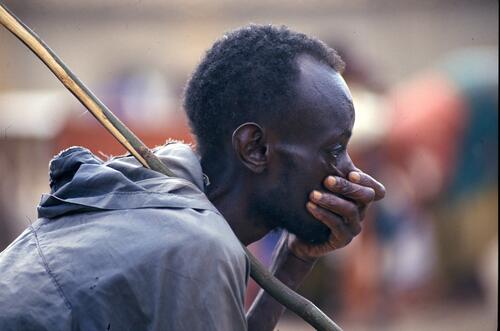
Genocide of Rwandan Tutsis 1994
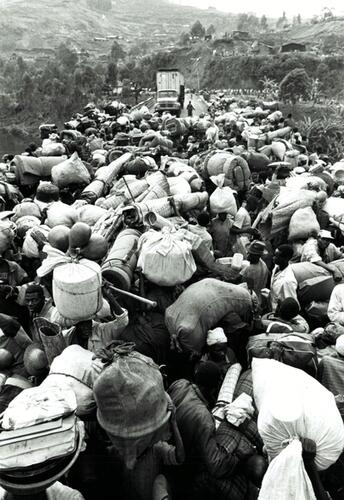
Rwandan Refugee Camps in Zaire and Tanzania 1994-1995
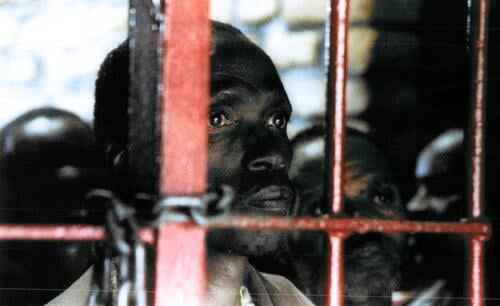
The Violence of the New Rwandan Regime 1994-1995
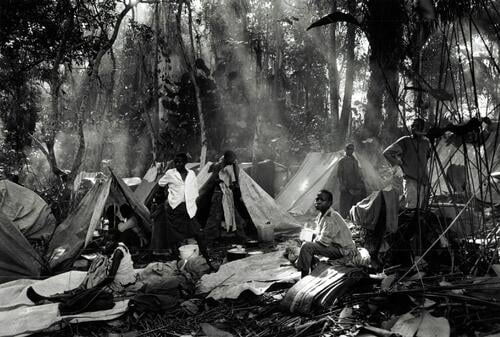
The Hunting and Killing of Rwandan Refugees in Zaire-Congo: 1996-1997
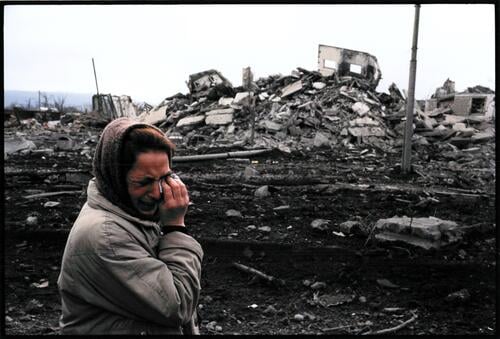
War crimes and politics of terror in Chechnya 1994-2004
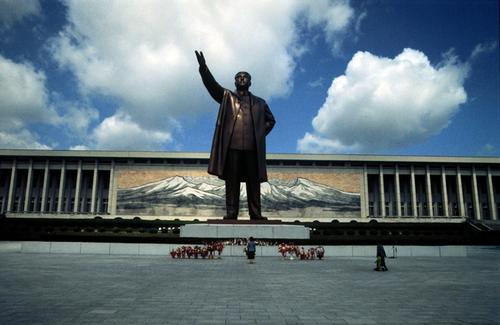
MSF and North Korea 1995-1998
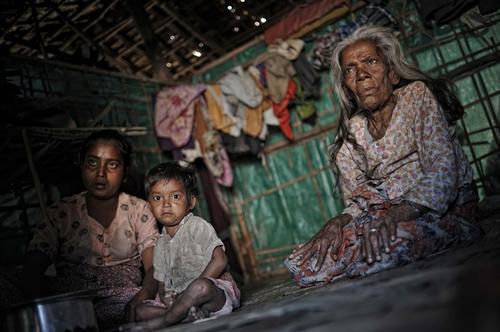
MSF and the Rohingya 1992 - 2014
